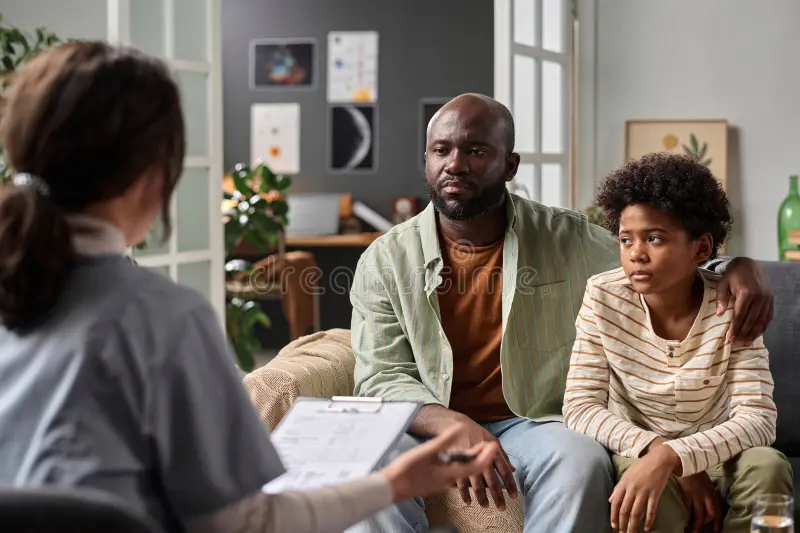24/7 Helpline:
(866) 899-111424/7 Helpline:
(866) 899-1114
Learn more about Group Therapy centers in Folsom
Group Therapy in Other Cities

Other Insurance Options

Magellan Health

Amerigroup

American Behavioral

Anthem

Ambetter

Coventry Health Care

Sutter

Magellan

Regence

Medical Mutual of Ohio

Absolute Total Care

Optum

Ceridian

Carleon

BlueShield

Premera

Sliding scale payment assistance

AllWell

Cigna

Highmark



















